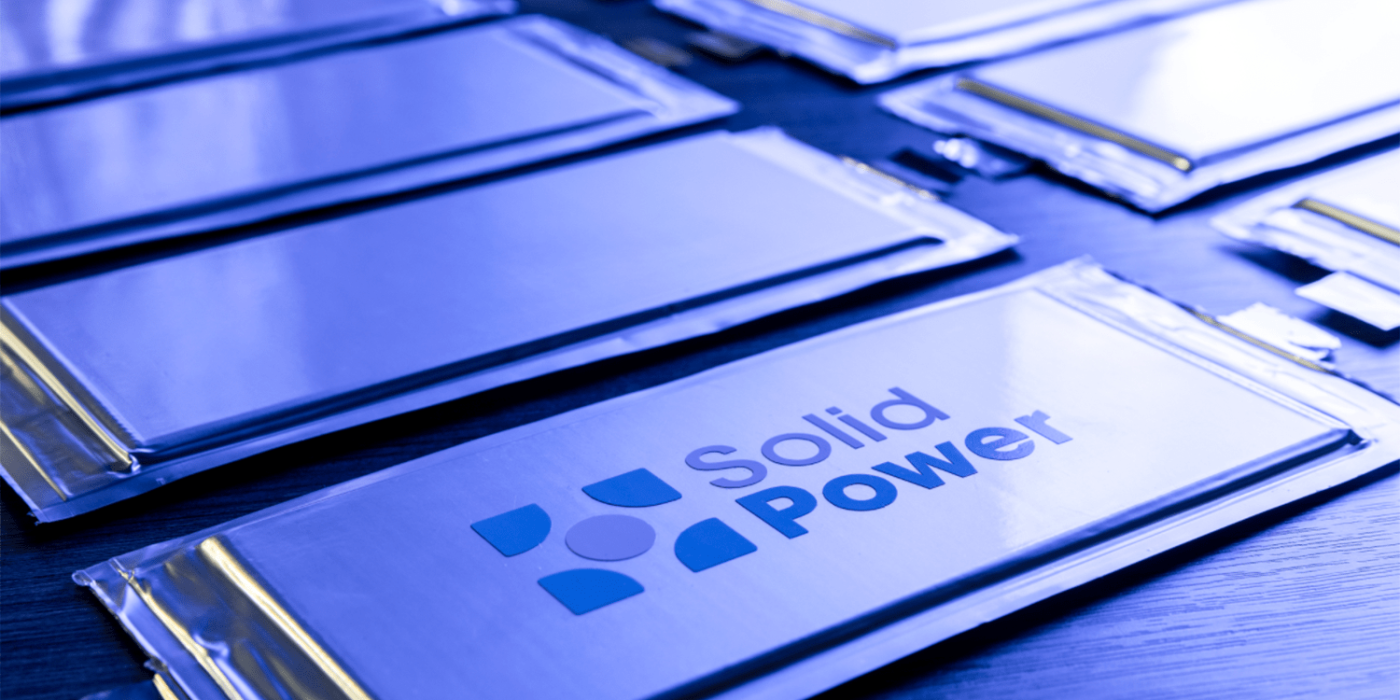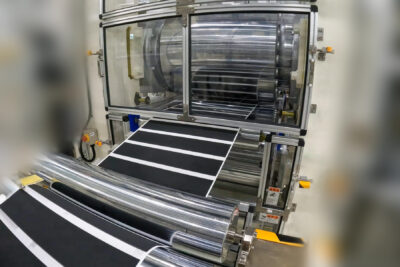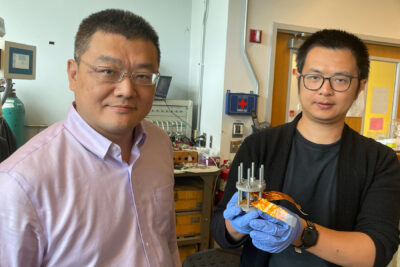BMW receives first solid-state cells from Solid Power
The information comes from Solid Power’s current Q3 annual report. With the delivery, the formal automotive qualification process has now begun, the report continues. And these cells will also be used in BMW’s demonstration programme.
“It is a reflection of our team’s strong execution that we produced and delivered our first A Sample EV cells for BMW a little over a week ago, marking a major milestone for Solid Power,” said John Van Scoter, President and Chief Executive Officer of Solid Power. “We are very excited to make these deliveries, begin the formal automotive qualification process, and continue on our path towards commercialization. These A-1 EV cells will also support BMW’s demo car program, which we expect will also be a major proof point for our technology.”
BMW reportedly plans its first demonstration vehicle using Solid Power’s technology before the middle of the decade. BMW has obtained a research and development licence from the US company. Based on Solid Power’s designs, it will build a prototype line for solid-state battery cells at its Cell Manufacturing Competence Centre in Parsdorf near Munich, Germany.
Solid Power was founded in 2011 as a spin-off from the University of Colorado. Today, the company is one of the world’s most promising developers of solid-state battery cells. In the summer of 2022, the US company announced that it had completed the installation of its pilot production line and intended to deliver the first cells for qualification tests to its investors and customers before the end of the year. Alongside BMW, Ford is one of the most prominent supporters.
All-solid-state battery cells with the company’s sulphide-based solid electrolyte material will be produced automatically on the pilot line. At full capacity, the pilot line is expected to be able to produce around 15,000 cells per year. Series production should start in 2026, according to earlier information.
The company announced details of its solid-state battery platform in May 2021. It uses conventional NMC cathodes, meaning production does not have to be changed. In combination with a silicon anode and a solid electrolyte, Solid Power wants to build a cell with a gravimetric energy density of 390 Wh/kg. If a lithium-metal anode is installed instead of the silicon anode, the cell (still with NCM-811 cathode) achieves an energy density of 440 Wh/kg.





8 Comments